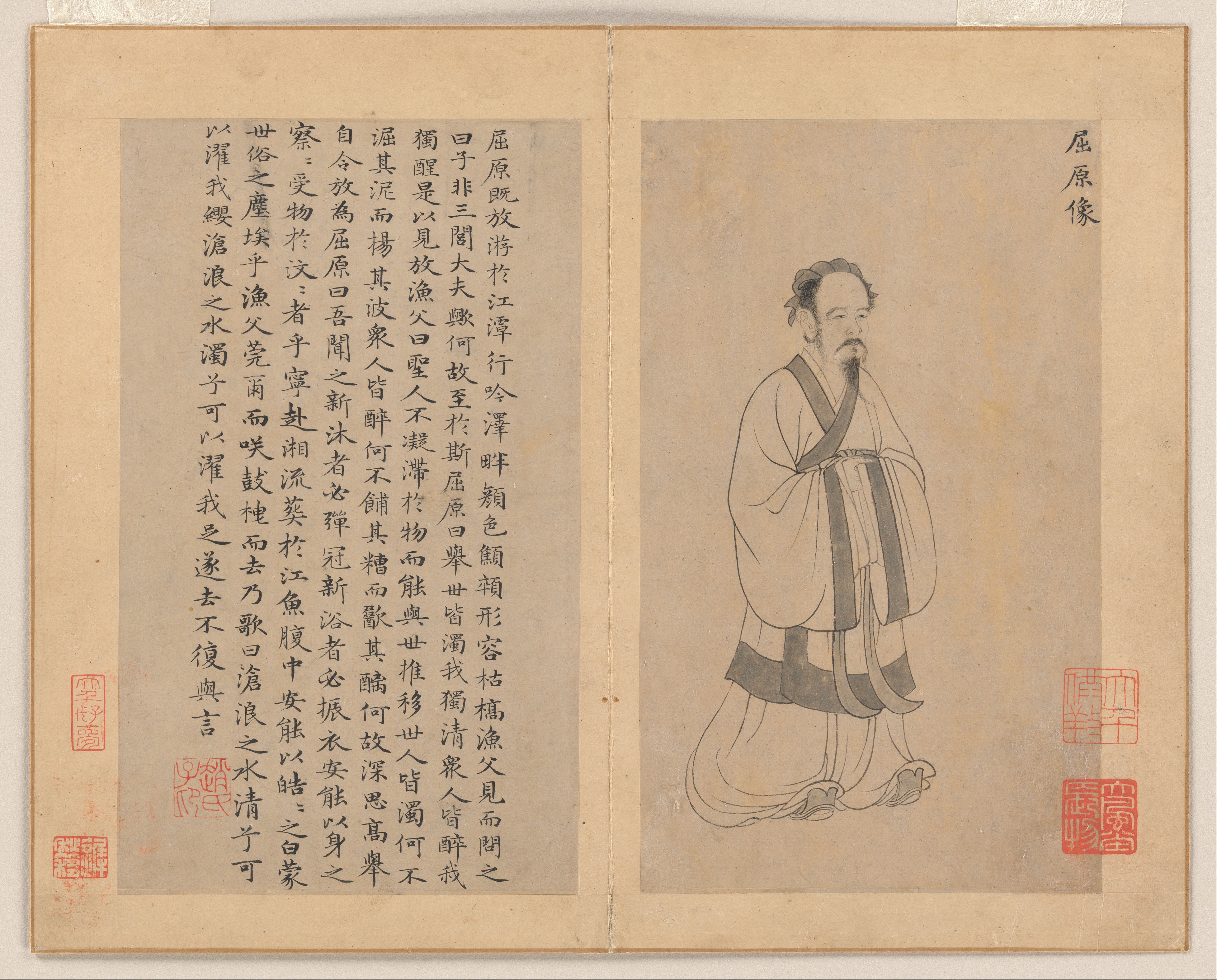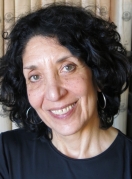
Fall 2024 Literature Course In Pursuit of Qu Yuan (343-277 BCE)
The name Qu Yuan (alternately written, Ch’ü Yuan) can provoke a range of responses, from admiration and compassion to exasperation and even disdain. Was he a wise and upright minister in the court of King Huai of Chu, who ended his life upon realizing that he was unable to save the kingdom from being overcome by the neighboring state of Qin? Or was he a man obsessed with the need to make known—and preserve—his own moral purity in the face of the corrupt and violent world of the Warring States? A supremely disciplined truth-teller or an unhinged madman? A statesman or a shaman? Patriot or narcissist? Or, as certain scholars have been wondering of late: did such a man ever exist? This short course on the great statesman and poet of the fourth century BCE will offer a window onto the history, legend, poetry, and cultural responses that comprise his complicated legacy, well beyond the festivals and traditional dishes that endure in popular culture.
Each class will be prefaced by a brief lecture introducing the historical background of particular facets of the Qu Yuan story, the salient aesthetic features of the texts in question, and the key debates that have exercised readers in modern and contemporary times. Each presentation will be followed by a guided conversation as, together, we engage in close readings of the works that have been passed down to us, raising our own queries and questions along the way. (Note: Attendees who have competency in the reading of Classical Chinese may request these texts in the original.)
Book to purchase: Unless otherwise indicated, all readings will be drawn from Ch’u Tz’ŭ : The Songs of the South : An Ancient Chinese Anthology. David Hawkes, editor and translator. Penguin Classics, 1985.
Reading Assignments (Updated 9/6/24)

Paula Varsano, Professor of Chinese Literature at the University of California, Berkeley, earned a B.A. in East Asian Studies at Yale University and a PhD in Chinese Literature at Princeton University. She specializes in classical Chinese poetry and thought from the 3rd through the 11th centuries, with particular interest in the intersections between Chinese literary practice and philosophical notions of the self. Selected book publications include Tracking the Banished Immortal: The Poetry of Li Bo and its Critical Reception (University of Hawaii Press, 2003), In Praise of Blandness (the English translation of François Jullien's Éloge de la fadeur, Zone Books, 2004), and The Rhetoric of Hiddenness in Traditional Chinese Culture (SUNY, 2016). She is currently completing work on the book, Knowing and Being Known: The Lyric Subject in Traditional Chinese Poetry and Poetics.
Registration Policies
The Society for Asian Art's cancellation policy requires at least one week's advance written notice in order to receive a refund of registration fees. This excludes our Travel programs, which have separate cancellation policies, as well as any programs where a specific refund policy is stated on the event page. Your fees will be returned to you through a check in the mail. To cancel, please contact us.
For programs located within the Asian Art Museum, the museum entrance fee must be paid separately and is not included with your registration fee.
Please note that by registering for a program, you are giving consent to the SAA to be photographed or videoed as a participant.
